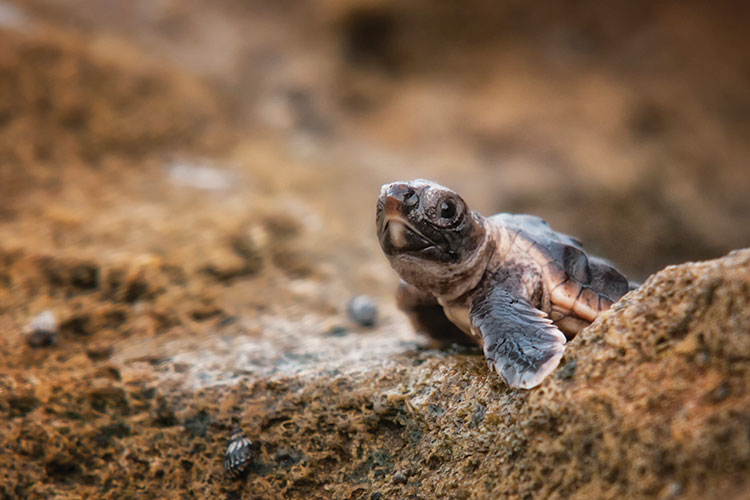Feature
Environment, Wildlife and LED Illumination
The emergence of LEDs in street lamps and other exterior lighting can have unpredictable impacts, not just for humans but also for plants and animals. But adjusting the LED spectrum could allow humans and wildlife to share the night.

Sea turtle hatchlings look for moonlight reflected from the water to find their way to the ocean and escape predators. Artificial exterior lighting can draw them in the wrong direction. [iStock]
As we reported last month (OPN, October 2015, p. 34), the widespread adoption of LEDs in municipal street lighting is having some unpleasant side-effects, as human drivers and residents deal with unexpectedly bright, glaring illumination from these new lamps. Yet evidence is increasing that the move toward LEDs in external illumination, driven by a desire to boost efficiency and lower energy costs, could have unanticipated impacts on wildlife populations, too.
…Log in or become a member to view the full text of this article.
This article may be available for purchase via the search at Optica Publishing Group.
Optica Members get the full text of Optics & Photonics News, plus a variety of other member benefits.
